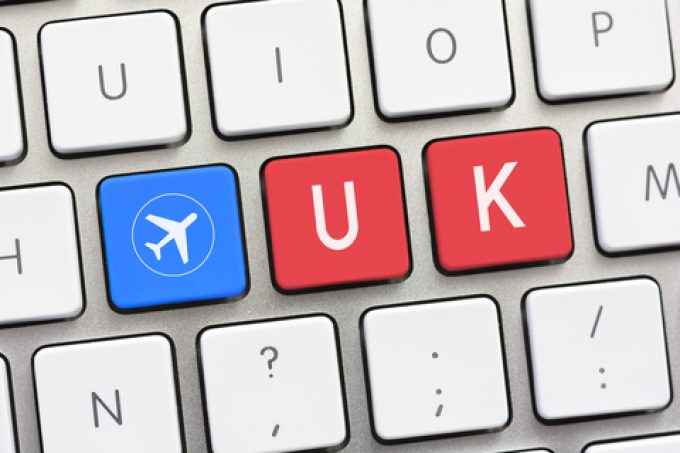Tradelanes: ro-ro, the backbone of UK-Europe commerce
The 5 June launch of the UK government’s ports policy overhaul – with proposals to ...

The UK government is calling for industry input into its new aviation strategy, pledging a commitment to remove or reduce “unnecessary barriers” to air freight growth.
With the publication of Aviation 2050: The Future of UK Aviation, Whitehall also says digitisation is at the heart of its freight strategy.
The report ...


Comment on this article